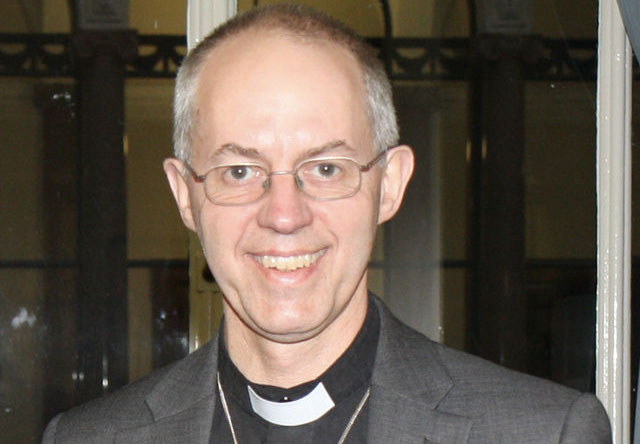
The Archbishop of Canterbury Justin Welby has agreed to become a patron of Bees Abroad, the charity seeking to reduce poverty in developing countries worldwide through beekeeping.
This is a particularly appropriate move as his official residence, Lambeth Palace, has its own bee colony producing honey and also wax for scented candles — and Justin Welby has a long association with helping to relieve poverty in developing countries.
“I am delighted to lend my support to Bees Abroad by becoming a patron,” said the Archbishop. “Through its imaginative and wholly practical work, the charity promotes the skills of beekeeping in a way that empowers and educates the communities in which it operates.
“In investing in people in some of the poorest and under-developed areas, Bees Abroad creates opportunities for this local enterprise to flourish at a sustainable and manageable level.
“I am sure that those who are trained in beekeeping under Bees Abroad’s guidance and encouragement will find it an interesting and satisfying experience. I send my best wishes to all involved with the charity in whatever role.”
Justin Welby’s first experiences of poverty in developing nations came during his gap year when he taught at a school near Mount Kenya. Then in his business career he made many visits to conflict-torn areas to use his financial, commercial and reconciliation skills.
John Home, chairman of Bees Abroad said, “I am delighted that Justin Welby has agreed to become a patron. His awareness of the challenges that are faced in the developing countries and his understanding about how the work of Bees Abroad can help small communities improve their lives, is an asset to our organisation. He joins the team of our existing patrons whose support we much value in the work that we do using indigenous bees and techniques appropriate to the local environment”.
Home-based production of honey and other saleable goods from the by-products of beekeeping is introduced, together with marketing and business skills to ensure the sustainable generation of new income by poor rural communities in developing countries.
